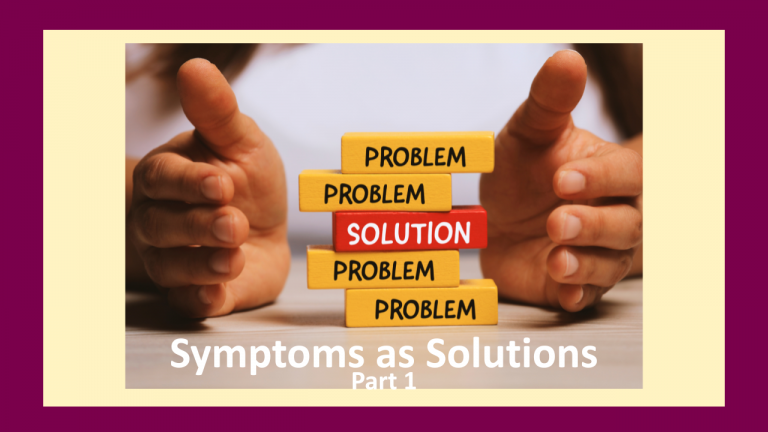Many people with DID or OSDD feel frustrated by symptoms that interfere with their lives now. In this video, I explore a trauma-informed perspective: many present-day symptoms originally developed as...
In this video, I share a gentle, trauma-informed exercise designed to be adaptable for people with DID or dissociative systems. This exercise focuses on reducing overwhelm and supporting regulation...
Certain times of year can quietly trigger trauma responses, even when life feels stable. This video explores how trauma anniversaries work and why they’re often hard to recognize...
What if healing didn’t mean erasing damage—or pretending it didn’t matter? This video explores a different way of understanding worth after trauma...
An explanation of how pushing change without enough internal agreement can overwhelm dissociative systems, leading to shutdown rather than healing...
An exploration of why different alters in a dissociative system may fear or oppose healing, and why understanding those concerns supports safer recovery...
A trauma-informed look at why healing is often messy and nonlinear, and how misunderstanding this can lead to unnecessary shame or self-doubt...
An exploration of why protectors often oppose healing in dissociative systems, focusing on safety, predictability, and fear of change rather than resistance or sabotage...
An exploration of trauma-informed alternatives to goal-setting, including why values-guided movement can be safer and more regulating for dissociative systems...









